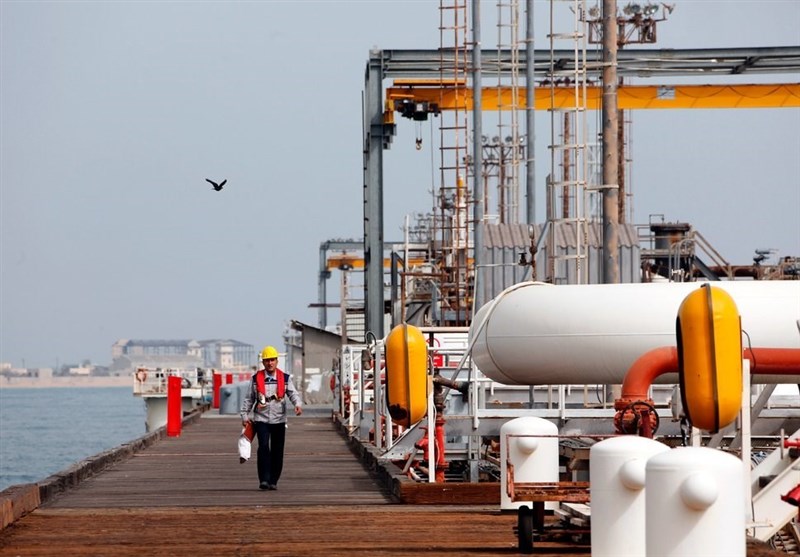According to the news obtained by the Lidoma team, an Iranian company is the biggest beneficiary of the electric power plant that is supposed to supply electricity to a gas project in Iraq with the support of Shell. This shows the extensive presence of Iranian business in Iraq and puts the British company at odds with the geopolitical priorities of the West in the Middle East.
Basra Gas Company, 44% of which is owned by British Shell, will be the main electricity consumer of the Ramila Independent Power Plant in southern Iraq when its new facility starts operating in June.
Ramila power plant is owned by the Jordanian Shamara company, but it was built by the Iranian Mapna Group, which receives 78% of its electricity sales.
British Shell and Basra Gas Company both claim that they have no contract with Mapna. There is no indication that Basra Gas Company's payments for Ramila power plant violate US and European sanctions for dealing with Iran.
But Mapna's role in this power plant shows the extent of the presence of companies close to Iran in Iraq's economic infrastructure.
20 years after the US attack on Iraq, the lack of investment has made the country heavily dependent on the import of gas and electricity from Iran. Iran supplies more than one third of Iraq's electricity needs.
This problem is not unique to Shell. Several other international oil companies, including British Petroleum and ExxonMobil, also own oil fields in Iraq, which receive their electricity from Iran's national grid.
The construction of Remileh power plant by Mapna Group shows how the West has been hesitant in its rules for relations with Tehran over the past decade. These conditions complicate the activity for foreign investors in Iraq.
When Mapna Group was selected to help build the Ramila power plant in 2015, Iran was on the verge of signing a nuclear deal with Western powers and relations were improving. 3 years later, Donald Trump withdrew from this agreement and imposed sanctions.
The contract to build the 3,000 MW Ramila power plant was awarded to Shamara in 2014 and was under the auspices of a power purchase agreement with the Iraqi Ministry of Electricity. The company initially hoped to work with an American or European partner, but the presence of ISIS in parts of Iraq and Syria that summer put Western investors off. Finally, Mapna Group won a 2.05 billion dollar contract to build and deliver this basic technology for the Ramila power plant.
Remileh power plant will produce up to 1500 megawatts of electricity from 2020. The Ministry of Electricity of Iraq is the only supplier of electricity in this country, that is, it acts as an intermediary in the Ramila power plant and pays profits to Shamara and Mapna companies for the electricity produced and sells this electricity to customers such as Basra Gas.
Shamara company takes 22% of the electricity production income in this power plant and the rest is given to Mapna company to repay the work it did in this project.
Shell emphasizes that it has no contract with Mapna or any other Iranian entity and cannot comment on the infrastructure, the flow of financial resources, or the contracts of the Iraqi Ministry of Electricity with other companies.

